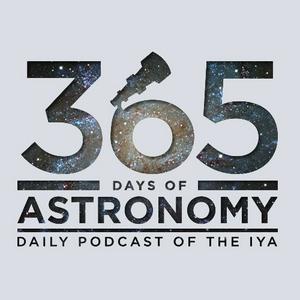Astronomy Cast Ep. 751: Vacuum Energy
https://www.youtube.com/watch?v=xBJ4LBFxqb8 Streamed live on Apr 7, 2025. Hosted by: Fraser Cain and Dr. Pamela L. Gay. Even empty space isn’t empty. It’s filled with the quantum fluctuations of spacetime itself. Which can be measured with famous experiments like the Casimir Effect. There is a surprising amount of energy in space itself, which has led to some interesting theories about how the future of the Universe might evolve. You can't get something from nothing but sometimes that nothing is something you can get something from. SUPPORTED BY YOU This Episode is made possible thanks to our Patrons on Patreon. Join at the Galaxy Group level or higher to be listed in our YouTube videos. Thanks to: BogieNet, Stephen Vei, Jeanette Wink, Siggi Kemmler, Andrew Poelstra, Brian Cagle, David Truog, Ed, David, Gerhard Schwarzer, Sergio Sancevero, Sergey Manouilov, Burry Gowen, David Rossetter, Michael Purcell, Jason Kwong We've added a new way to donate to 365 Days of Astronomy to support editing, hosting, and production costs. Just visit: https://www.patreon.com/365DaysOfAstronomy and donate as much as you can! Share the podcast with your friends and send the Patreon link to them too! Every bit helps! Thank you! ------------------------------------ Do go visit http://www.redbubble.com/people/CosmoQuestX/shop for cool Astronomy Cast and CosmoQuest t-shirts, coffee mugs and other awesomeness! http://cosmoquest.org/Donate This show is made possible through your donations. Thank you! (Haven't donated? It's not too late! Just click!) ------------------------------------ The 365 Days of Astronomy Podcast is produced by the Planetary Science Institute. http://www.psi.edu Visit us on the web at 365DaysOfAstronomy.org or email us at
[email protected].
